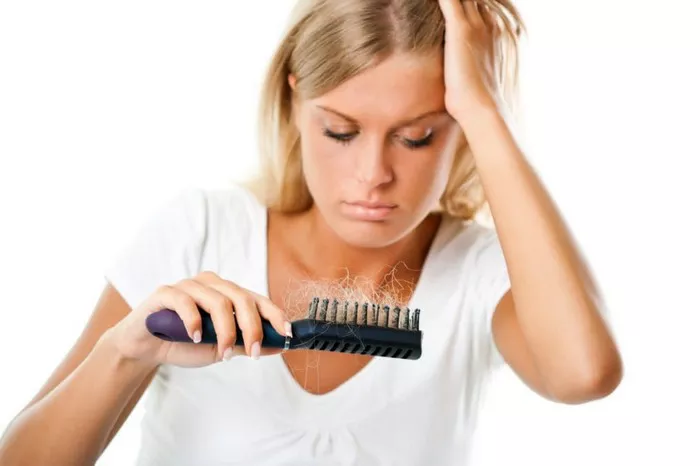Hair transplants have become a popular solution for those seeking to restore their hairline and regain lost confidence. However, the question that lingers in the minds of many contemplating this procedure is whether the body can reject a hair transplant. In this article, we will delve into the fascinating world of hair transplants and explore the possibilities of rejection, the factors influencing the success of the procedure, and the measures to ensure a successful outcome.
The Basics of Hair Transplantation:
Before diving into the possibilities of rejection, it is crucial to understand the fundamentals of a hair transplant procedure. A hair transplant involves taking healthy hair follicles from the donor area (typically the back or sides of the head) and grafting them onto the recipient area (balding or thinning areas). This process is performed through two primary techniques: Follicular Unit Transplantation (FUT) and Follicular Unit Extraction (FUE).
1. Follicular Unit Transplantation (FUT):
FUT involves removing a strip of skin from the donor area to extract hair follicles. The surgeon then separates these follicles and transplants them into tiny incisions made in the recipient area. This technique leaves a linear scar, but it is known for its efficiency in harvesting a larger number of grafts in a single session.
2. Follicular Unit Extraction (FUE):
FUE, on the other hand, involves extracting individual hair follicles directly from the donor area using a small punch tool. These follicles are then implanted into the recipient area. FUE leaves tiny, dot-like scars that are less noticeable than the linear scar from FUT, making it a preferred choice for some patients.
Can a Hair Transplant be Rejected by the Body?
The good news is that a properly executed hair transplant is unlikely to be rejected by the body. The reason lies in the unique nature of hair follicles. Hair follicles are not recognized as foreign tissue by the immune system, which means they are less likely to trigger an immune response and subsequent rejection.
Factors Affecting Hair Transplant Success:
While rejection may not be a significant concern, several factors can influence the success of a hair transplant. Understanding these factors is essential for both patients and surgeons to achieve the best possible outcomes.
1. Surgeon’s Skill and Experience:
The skill and experience of the surgeon play a crucial role in the success of a hair transplant. A skilled surgeon will ensure precise graft placement, minimal trauma to the follicles, and natural-looking results. Patients should always research and choose a qualified and experienced hair transplant specialist.
2. Graft Quality and Preservation:
The quality and preservation of the grafts also impact the success of the procedure. Proper handling and storage of the extracted hair follicles before transplantation are critical to maintaining their viability and ensuring optimal growth.
3. Patient’s Health and Lifestyle:
The overall health and lifestyle of the patient can influence the success of a hair transplant. Smoking, excessive alcohol consumption, and a lack of proper nutrition can hinder the healing process and graft survival. A healthy lifestyle and adherence to pre and post-operative instructions are essential for the best results.
4. Donor Hair Density and Availability:
The density and availability of donor hair are vital considerations. If the donor area lacks sufficient hair follicles, it may limit the number of grafts that can be transplanted, affecting the overall outcome.
5. Post-Operative Care:
Proper post-operative care is crucial for the success of a hair transplant. Patients must follow their surgeon’s instructions diligently to ensure proper healing, avoid infections, and promote graft survival.
Precautions after hair transplant
After a hair transplant procedure, it is crucial to follow certain precautions to ensure optimal healing and successful results. Here are some key precautions to take:
1. Avoid touching or scratching the transplanted area to prevent dislodging grafts.
2. Abstain from strenuous activities, exercise, and heavy lifting for at least a week to avoid strain on the scalp.
3. Refrain from smoking and consuming alcohol, as they can hinder the healing process.
4. Protect the scalp from direct sunlight and wear a hat when outdoors.
5. Follow the surgeon’s post-operative care instructions diligently for the best possible outcome.
Conclusion:
In conclusion, a hair transplant is a highly effective and safe solution for hair restoration, with the risk of rejection being extremely low. However, the success of the procedure depends on various factors, including the surgeon’s expertise, graft quality, patient’s health, and post-operative care. By understanding these aspects and making informed decisions, individuals can embark on their hair transplant journey with confidence, achieving natural and satisfying results. Always consult with a qualified hair transplant specialist to determine the best approach for your unique needs.


